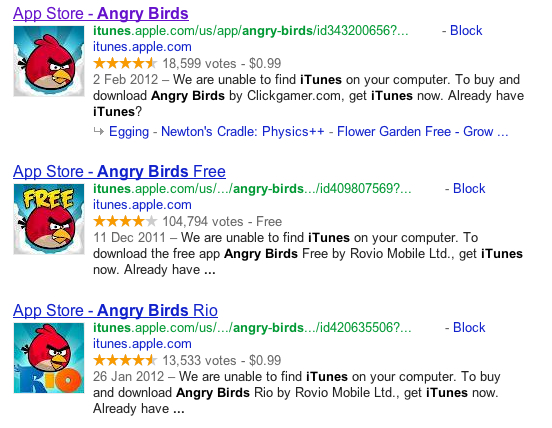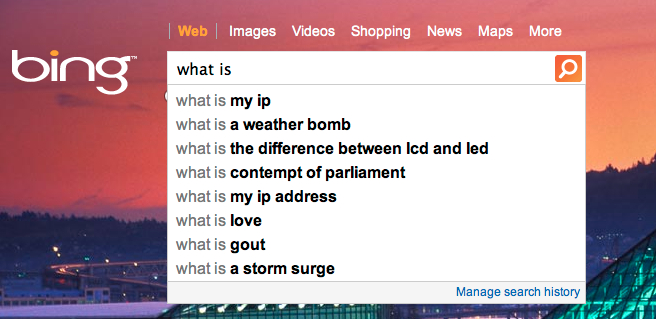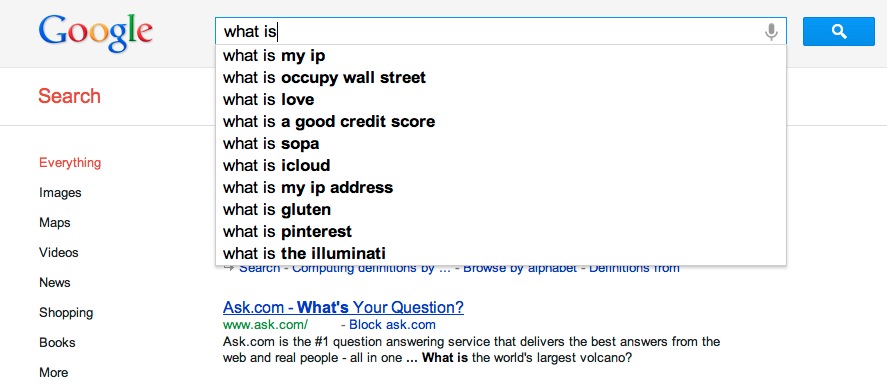I will be giving a research talk (added recently, thus not on the conference Web page yet) titled: Advertising & Awareness with Sponsored Search: Â an exploratory study examining the effectiveness of Google AdWords at the local and global level on October 28 at the American Society of Information Science & Technology (ASIS&T) 2008 Annual Meeting (AM08) in Columbus, Ohio.
This is the abstract for the talk:
This talk reviews an exploratory study of sponsored search advertising for a major US university’s academic department. The ad campaign used Google’s AdWord service with the goal of increasing awareness – not eCommerce – as part of the search process.  A behavioral model of information seeking is suggested that could be applied for selecting appropriate types of online advertising for awareness and other advertising goals. Insights into the study methodology will also be discussed including the use of increased integration with server logs, targeted site query terms and alternative awareness strategies.Â
The talk is part of the panel AM08 2008 – The Google Online Marketing Challenge: A Multi-disciplinary Global Teaching and Learning Initiative Using Sponsored Search with Bernard Jansen, Mark A. Rosso, Dan Russell, Brian Detlor and Don Turnbull.
This is a summary of the panel:
Sponsored search is an innovative information searching paradigm. This panel will discuss a vehicle to explore this unique medium as an educational opportunity for students and professors. From February to May 2008, Google will run its first ever student competition in sponsored search, The Google Online Marketing Challenge http://www.google.com/onlinechallenge/. Similar to other Google initiatives, the extent seems huge. Based on pre-registrations, more than two hundred professors and nearly nine thousand students from approximately 50 countries will compete. This may be the largest, worldwide educational course ever done. It is certainly on a large scale.
The Google Online Marketing Challenge is a real-life, problem-based, and multidisciplinary educational endeavor of the kind that many educators say is needed to relate teaching to outside the classroom. However, such endeavors are not without risks. The session should appeal to professors that competed in the 2008 Challenge, any professors considering the 2009 Challenge, as well as other educators who might consider the inclusion of Google AdWords as a pedagogical tool in their curricula. The panel will also be of great interest to those information professionals and educators as a possible model for use in other domains besides sponsored search.



